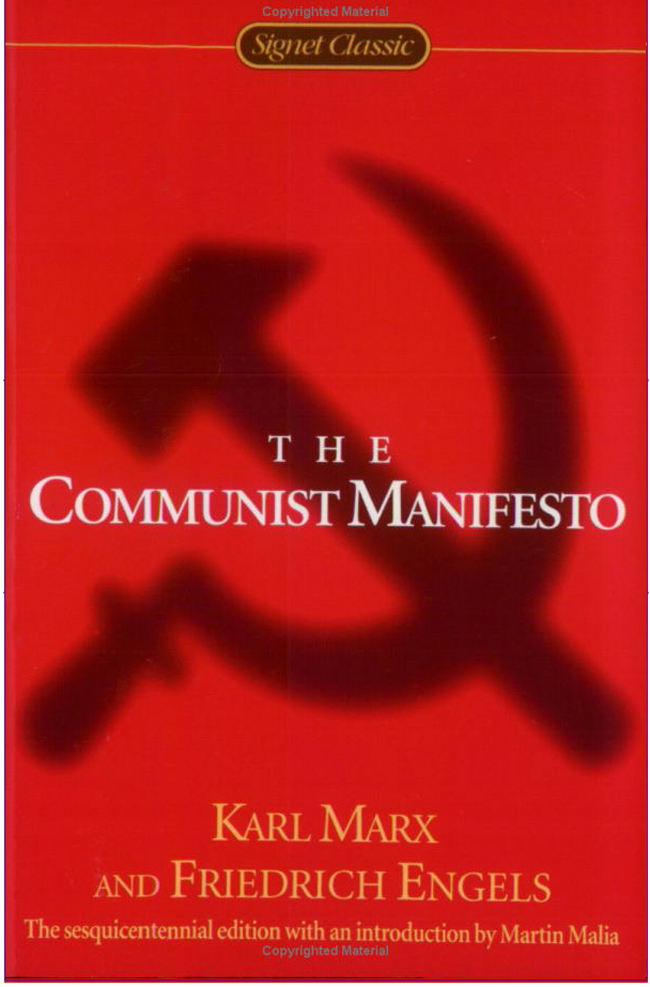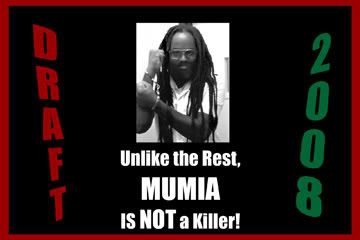Blogosphere Coverage of Sadrist Attack on Brits in Basra
 Recent blog postings by my comrade at Lenin's Tomb and another blog - Needlenose - have done excellent work piecing together events in Basra over the past few days.
Recent blog postings by my comrade at Lenin's Tomb and another blog - Needlenose - have done excellent work piecing together events in Basra over the past few days.Add to the Iraqi Resistance Report coverage from Saturday and Sunday.
On Saturday, they reported:
Iraqi Resistance shoots down British helicopter in al-Basrah, reportedly killing four British troops.They followed up these reports with additional coverage on Sunday.
In a dispatch posted at 2:15pm Makkah time Saturday afternoon, Mafkarat al-Islam reported that Iraqi Resistance fighters shot down a British helicopter in the al-Jaza’ir section of the southern Iraqi city of al-Basrah.
The correspondent for Mafkarat al-Islam reported that the aircraft was hit as it hovered over the area at low altitude. Witnesses said that after the helicopter was struck by gunfire, flames blazed up on the craft and in fell onto a house in a residential neighborhood in the as-Sa‘i district of central al-Basrah.
The owner of the house told Mafkarat al-Islam that there were body parts of British soldiers strewn all over the roof of his home, which was itself damaged by the impact and then by the fire that followed. Ammunition could be seen exploding inside the wrecked aircraft after it had crashed onto the house.
After the downing, other British helicopters flew in and hovered over the area as the roads to the scene were closed.
The correspondent reported that supporters of Shi‘i religious leader Muqtada as-Sadr were seen “hysterical with delight” around the scene of the crash.
The American Associated Press (AP) quoted a puppet police captain as saying that four British troops were killed in the crash, but British officials, in keeping with the Anglo-American practice of concealing casualty figures, said only that there had been “casualties.”
Fighting reportedly erupted between British troops trying to control exultant crowds and Jaysh al-Mahdi militiamen loyal to Muqtada as-Sadr. The American AP reported that local residents set fire to two British armored vehicles and that the British troops fired into the air to disperse the local people and then exchanged gunfire with Jaysh al-Mahdi militiamen. The puppet police source told the AP that at least four people, one of them an Iraqi child, were killed and 31 more were wounded. Two of the dead were adults whom the British shot to death as they drove their car past the area.
Five British troops, six local Iraqis reported killed in Saturday fighting in al-Basrah, sparked when British forces prevented residents from going into their homes damaged by crashing British helicopter.
In a dispatch posted at 10:30am Makkah time Sunday morning, Mafkarat al-Islam reported that as it had indicated in its dispatches on Saturday, fighting broke out between British troops and local residents in the as-Siba‘i district of the southern city of al-Basrah after a British helicopter was shot down in the city.
The correspondent for Mafkarat al-Islam reported eyewitnesses in as-Siba‘i as saying that the clashes erupted when British forces prevented local residents from entering their houses wrecked by the helicopter as it crashed into them and burned.
The correspondent reported that the fighting left one British armor-plated vehicle destroyed and two British armored vehicles disabled. Five British troops were killed and four more of them wounded in the fighting. Six local Iraqis died and 30 more were wounded in the battle with the British troops.
Leaflets threaten jihad if British fail to depart from al-Basrah.
Following the deaths of six Iraqis in clashes between them and British occupation troops on Saturday, leaflets appeared in the streets of al-Basrah on Sunday demanding that the British leave the city or prepare to face a jihad by local residents as the only remaining way for them to rid themselves of the “dirty activities” of the British forces.
The Qatari News Agency (QNA) reported that the leaflets also commanded the British to stop driving the streets of their cities in their vehicles and not to fly their aircraft over the city at low altitudes at night. It threatened a “violent reaction” if the British forces failed to comply with these demands.







<< Home